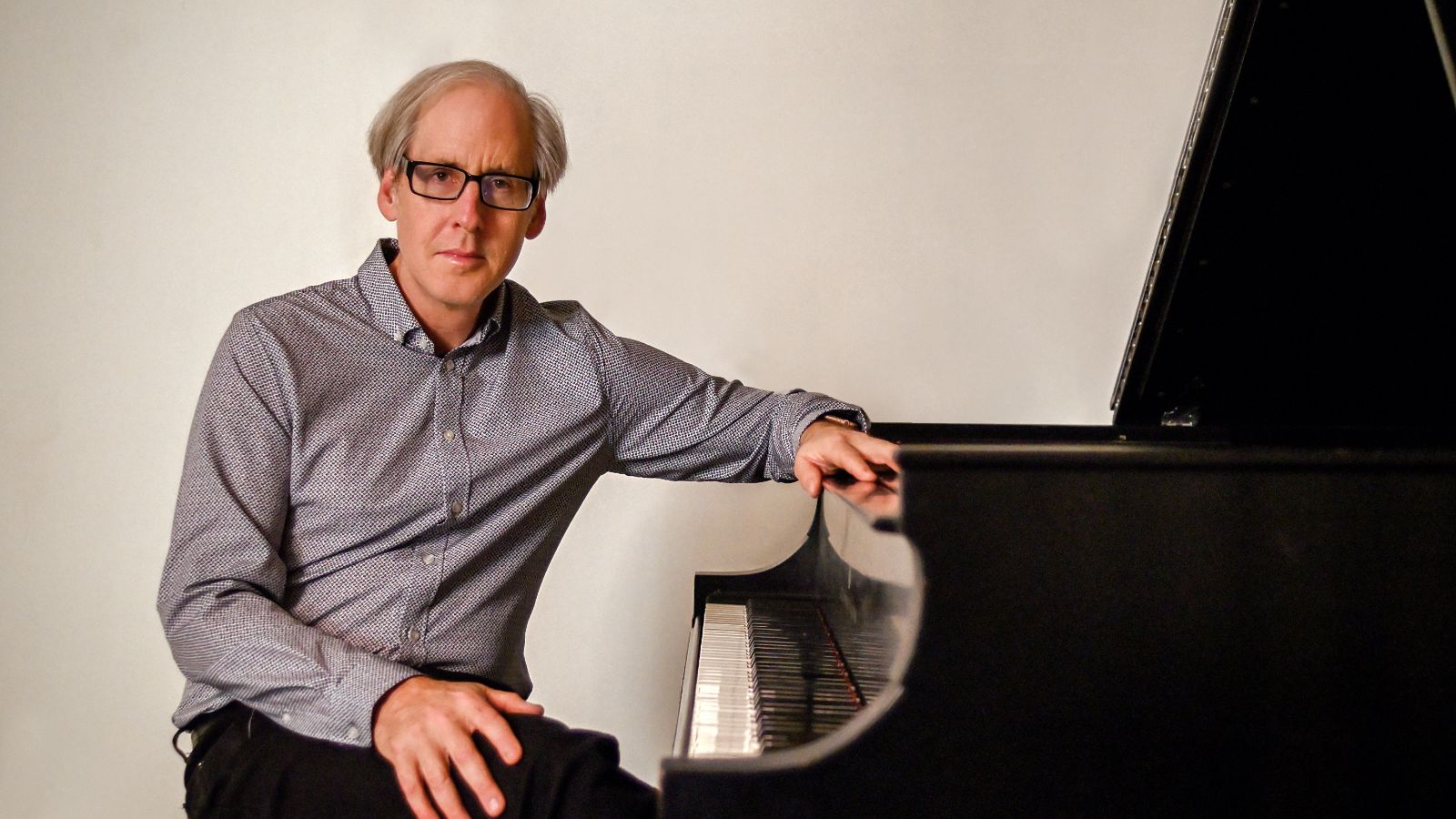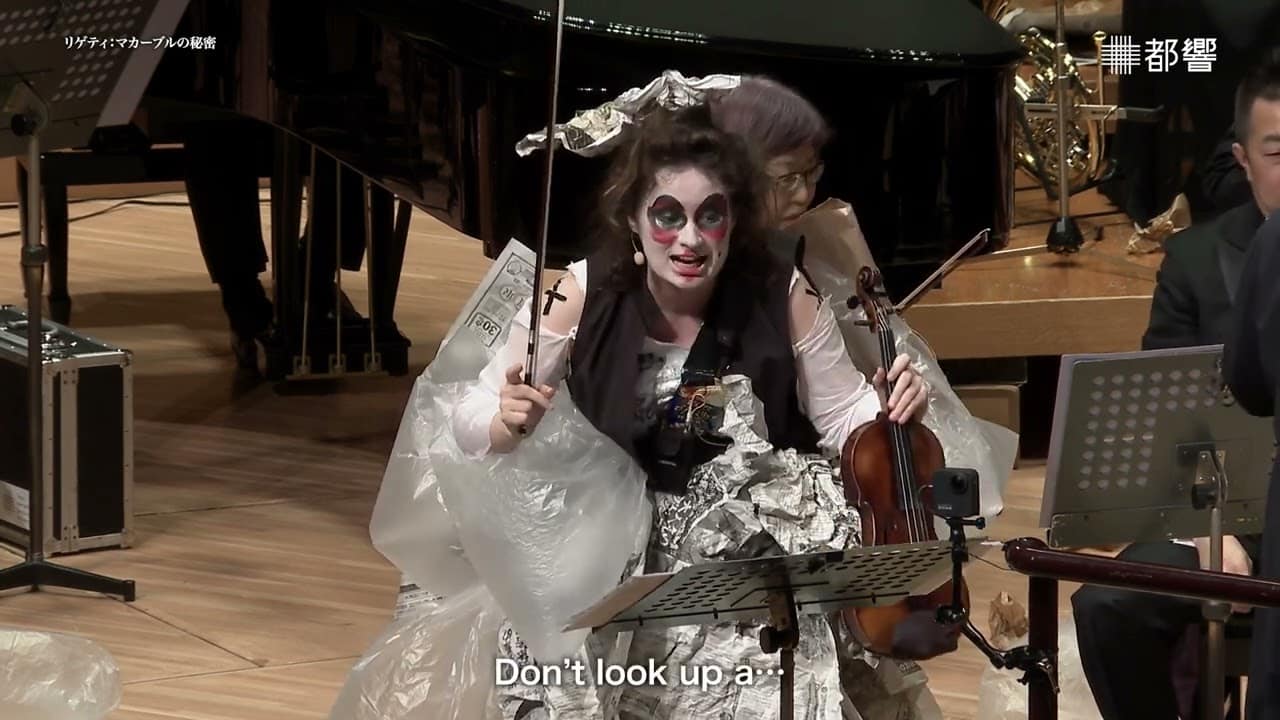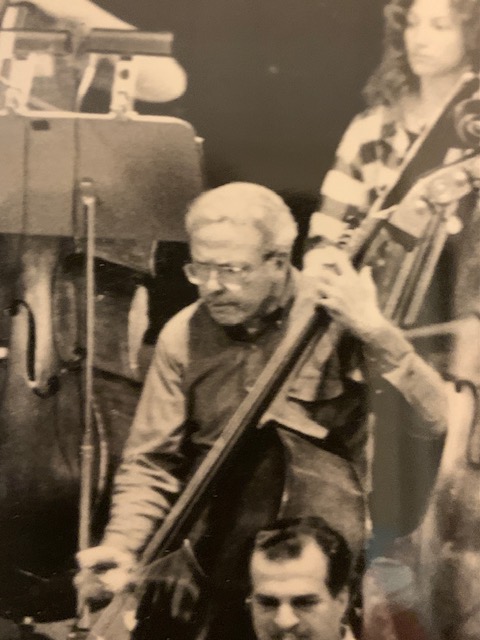Film composer gives $2m to orchestra to fund works by … film composers
OrchestrasVariety reports a gift of $2 million to the Los Angeles Chamber Orchestra by House of Cards composer Jeff Beal (pictured) and his soprano wife Joan. The money is designated for new concert works by film, TV and games composers.
Beal said: ‘There is an awkward, odd disconnect between the concert stage and the composers of Hollywood, and the music they create. This is an effort to give back, to support a wonderful orchestra of folks who’ve played on our scores for years, and try and influence the conversation around the concert stage and the deep pool of brilliant composers in Los Angeles and beyond.’
LACO musicians earn most of their living in the film studios.
The first LACO commissions will go to Michael Abels (‘Get Out’), Eímear Noone (‘World of Warcraft’) and Austin Wintory (‘Journey’).






Comments